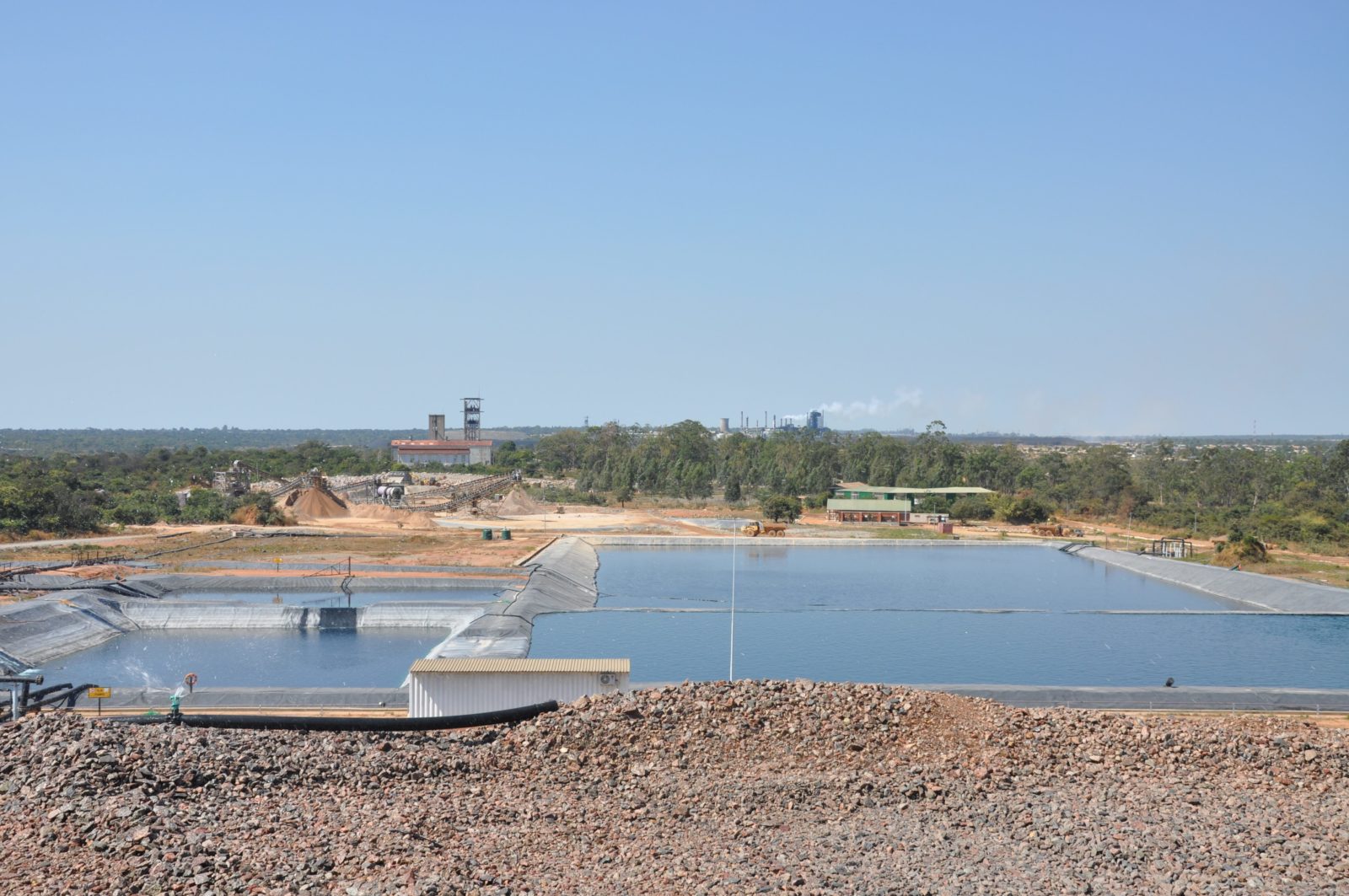It is notoriously difficult to persuade big companies that social responsibility is important. It took a decade of protests and boycotts to force Nike to stop making shoes with slave laborers. In India, corporate social responsibility (CSR) is the law of the land, and yet more than half of the largest companies refuse to pay the requisite 2 percent of their profits to charity.
In Zambia, there are no world-famous shoe brands to shame or laws to turn to. In fact, the Zambian government doesn’t have a policy or even a statement of principles on CSR at all. Instead, big companies have broad discretion about how and whether to engage in CSR. And few industries have a worse reputation than the mining sector, which accounts for 10 percent of the nation’s GDP and dominates the copper-rich northwest. Communities in the Copperbelt have long felt the environmental and social impacts of the industry, but they’ve never had an effective way to hold it accountable.
Now Publish What You Pay Zambia and Caritas Zambia are working on a tool that could finally give communities a voice. They call it the Corporate Social Responsibility Index, and the idea behind it is simple: Mining companies commit to CSR projects, and the people intended to benefit grade them on their performance.
“The companies obviously don’t want a bad report in the end,” said Mtwalo Msoni, Assistant National Coordinator at Publish What You Pay Zambia. “They want to show off to investors this is what the local communities are saying about us.”
CSR has always been a divisive issue with some claiming that it can address corporate misconduct (human rights abuses, environmental degradation, pollution, etc.). Others point out that companies still find loopholes in the law — and that CSR has become a public relations talking point, not a real priority.
Zambia’s mining industry has faced similar criticism, particularly about how companies report corporate social responsibility payments to the government and to international organisations. While mining companies reported nearly $46 million in cash or in-kind CSR contributions in Zambia’s Extractive Industry Transparency Initiative (EITI) report of 2014, not all of that spending reached the intended beneficiaries.
For instance, Mopani Copper Mines built a training school for its employees and counted it as as a social investment payment against tax obligations. In another case, Lumwana Mining Company reported the operational costs of its soccer team as a social payment — even though the pitch is locked inside the mining facility and off-limits to most members of the local community.
“There’s transparency on what mining companies spend on CSR,” Msoni said. “But this is not accountability.”
The CSR Index will ask communities whether the mining companies’ reporting lines up with the reality on the ground in the form of a 13-page questionnaire. Questions such as “How often are the stakeholders engaged?” and “What provisions have been put in place to ensure a safe, clean environment?” are paired with responses ranked 0 through 5. The higher the total score, the better the companies look.
The biggest challenge will be to make sure the companies care about the rankings enough to work toward a good grade. But Msoni says he’s confident they have the buy-in they need to go ahead with a test run of the index on a small group of eight communities around the mining sites and three mining companies in May. But eventually the CSR Index will go nationwide, with as many as 30 companies standing up to the scrutiny of Zambian citizens.
PWYP Zambia is a member of the Publish What You Pay coalition.
For more information please contact Mtwalo Msoni











